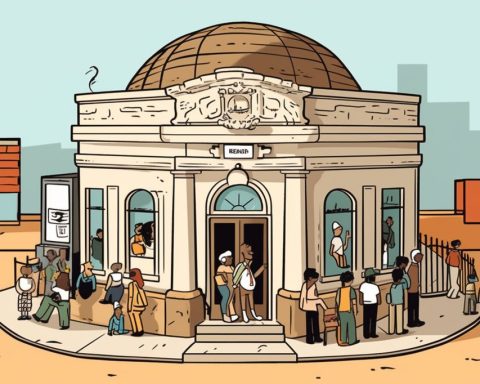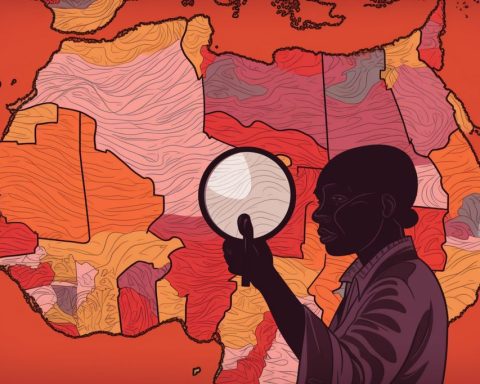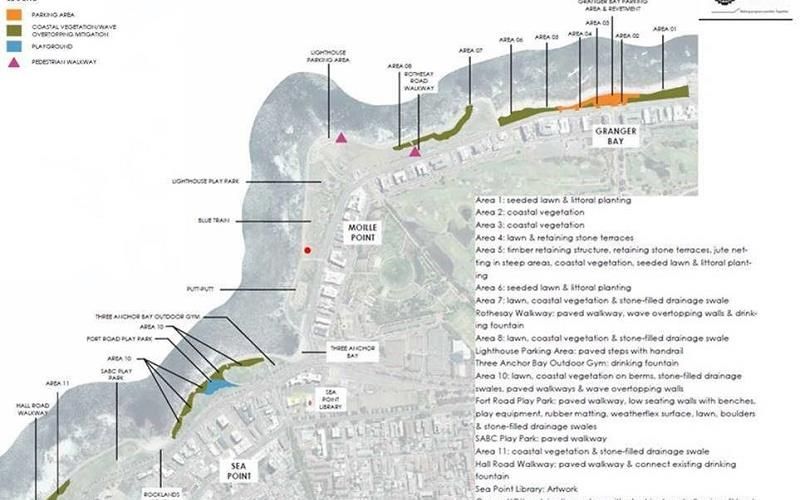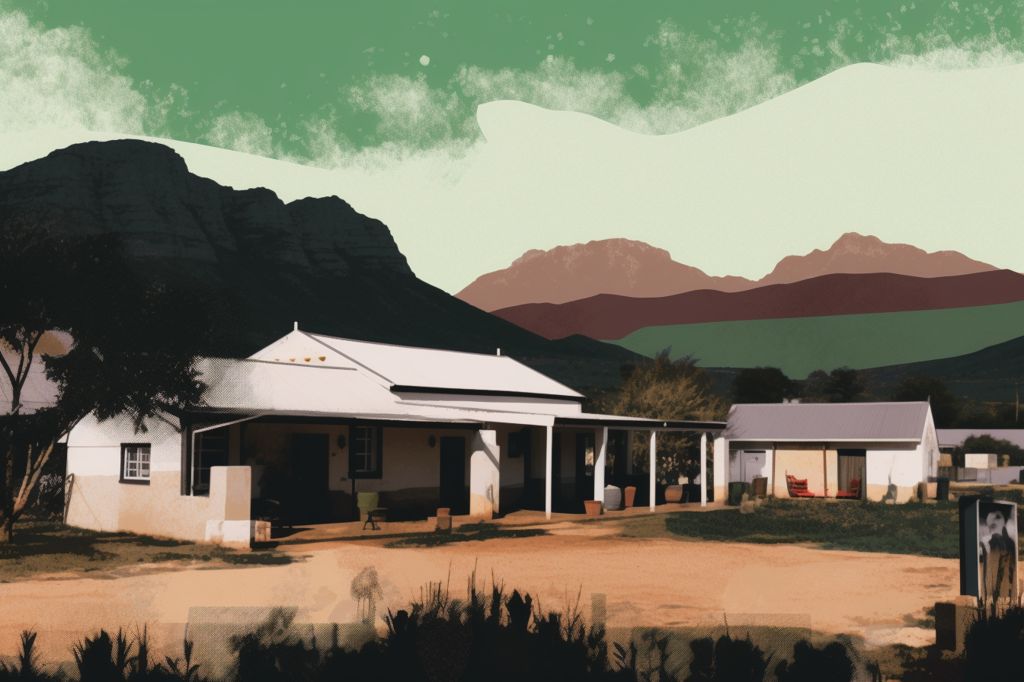The Challenges of South Africa’s Border Management System
In the post-apartheid era, South Africa saw a significant increase in the flow of people and goods, both legitimate and illegitimate. However, the existing border management system was not equipped to handle the challenges that arose from these flows. Numerous structures were implemented to coordinate operations within the border environment, but these structures failed to address systemic issues, leading to inefficiencies and vulnerabilities in the system.
The Establishment of the Border Management Authority (BMA)
To combat these challenges, the South African Cabinet adopted a new policy paradigm of integrated border management in 2013, endorsing the establishment of the Border Management Authority (BMA). The BMA was established as an autonomous Schedule 3A Public Entity on April 1, 2023. It is founded on principles such as outcome-based management, a single executive and accounting authority, and responsibility for border law enforcement at vulnerable segments of the South African land borderline and Ports of Entry.
Anticipated Benefits of the Integrated BMA
The implementation of the BMA in South Africa is expected to yield several benefits, including:
- A more cost-effective single authority structure for border management operations at Ports of Entry and the borderline.
- Improved information-sharing, licensing, accreditation, and enforcement, creating a comprehensive border environment intelligence picture.
- Enhanced efficiency in Port of Entry operations and processes, minimizing administrative costs and delays.
- Effective utilization of financial, human, infrastructure, and accommodation resources within the border environment.
- Improved sterility and integrity at Ports of Entry.
- Better management and discipline of employees under a single line of authority in Port and borderline environments.
Leveraging Border Technology Solutions and Best Practices
The BMA recognizes the importance of adopting the latest border management practices and leveraging technology to enhance border law enforcement. To achieve an integrated border management system, the BMA has initiated the process of establishing a National Targeting Centre. Implementing risk detection and targeting systems within the BMA will be crucial in achieving an integrated border management system.
IBMATA Africa Summit
The IBMATA Africa Summit offers valuable opportunities for the BMA to learn from global public and private experts and access the latest border management practices, technology solutions, and insights, laying the groundwork for a more efficient and secure border management system in South Africa. As the BMA continues to develop and implement its integrated approach, the country will be better positioned to face the challenges and opportunities of a rapidly changing world, ensuring the safety, security, and prosperity of its people.












